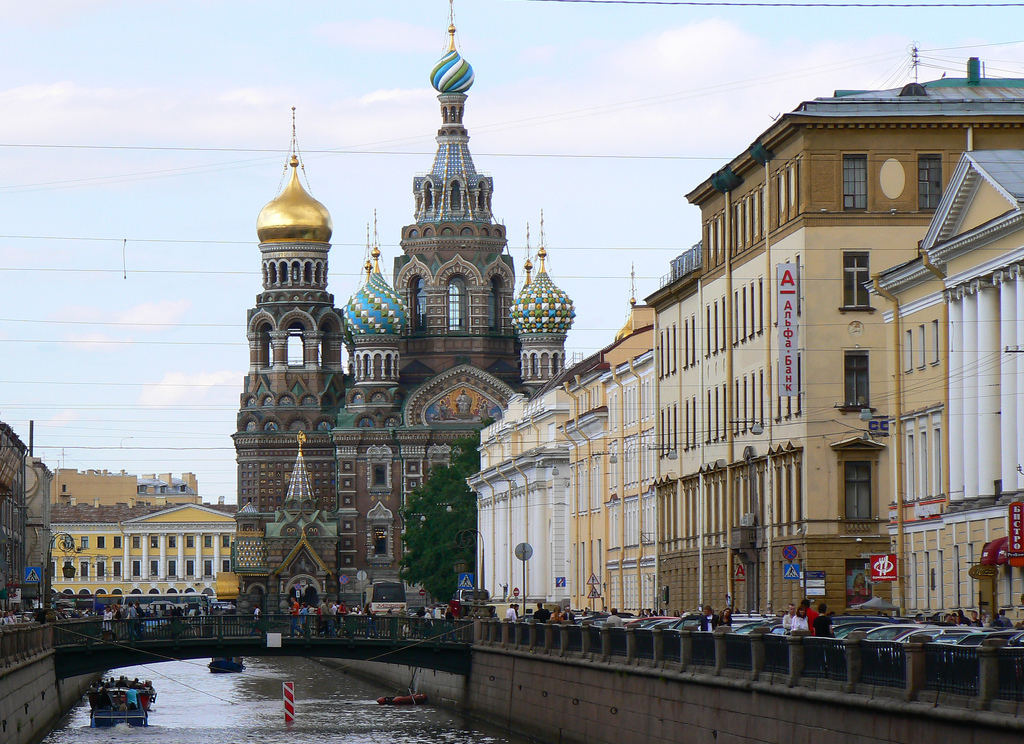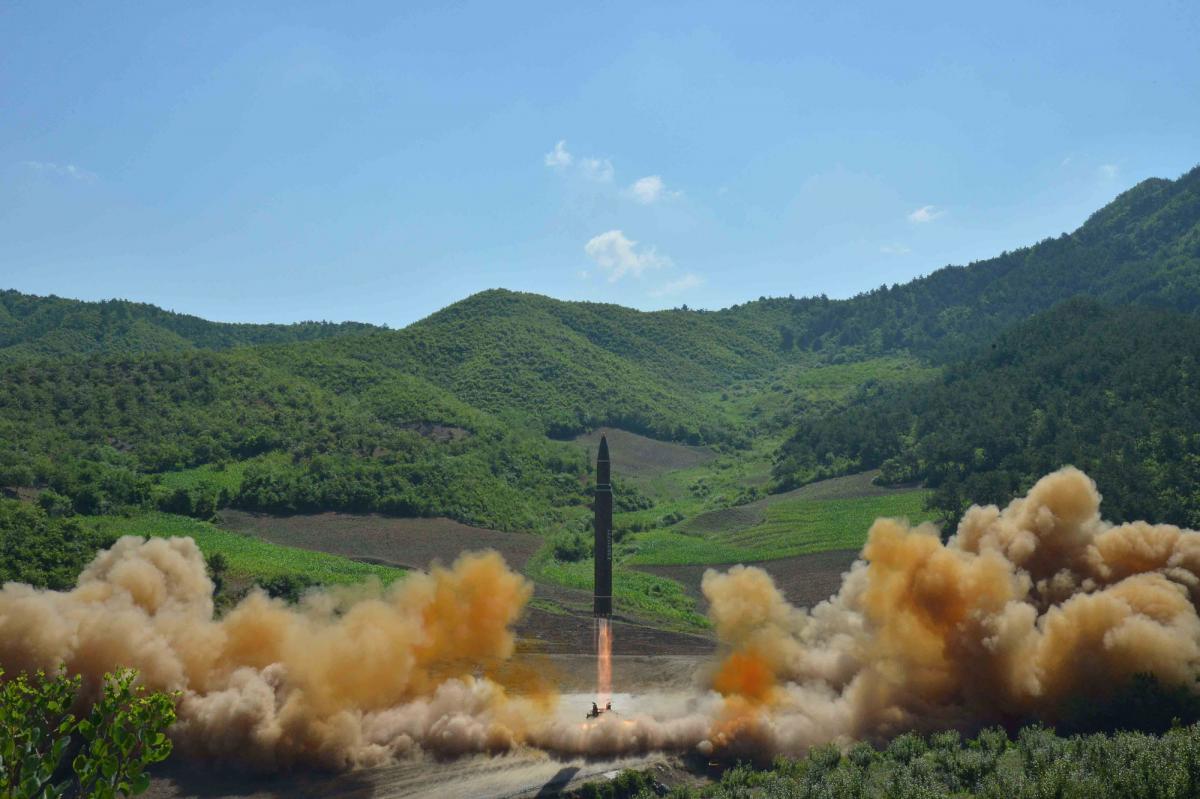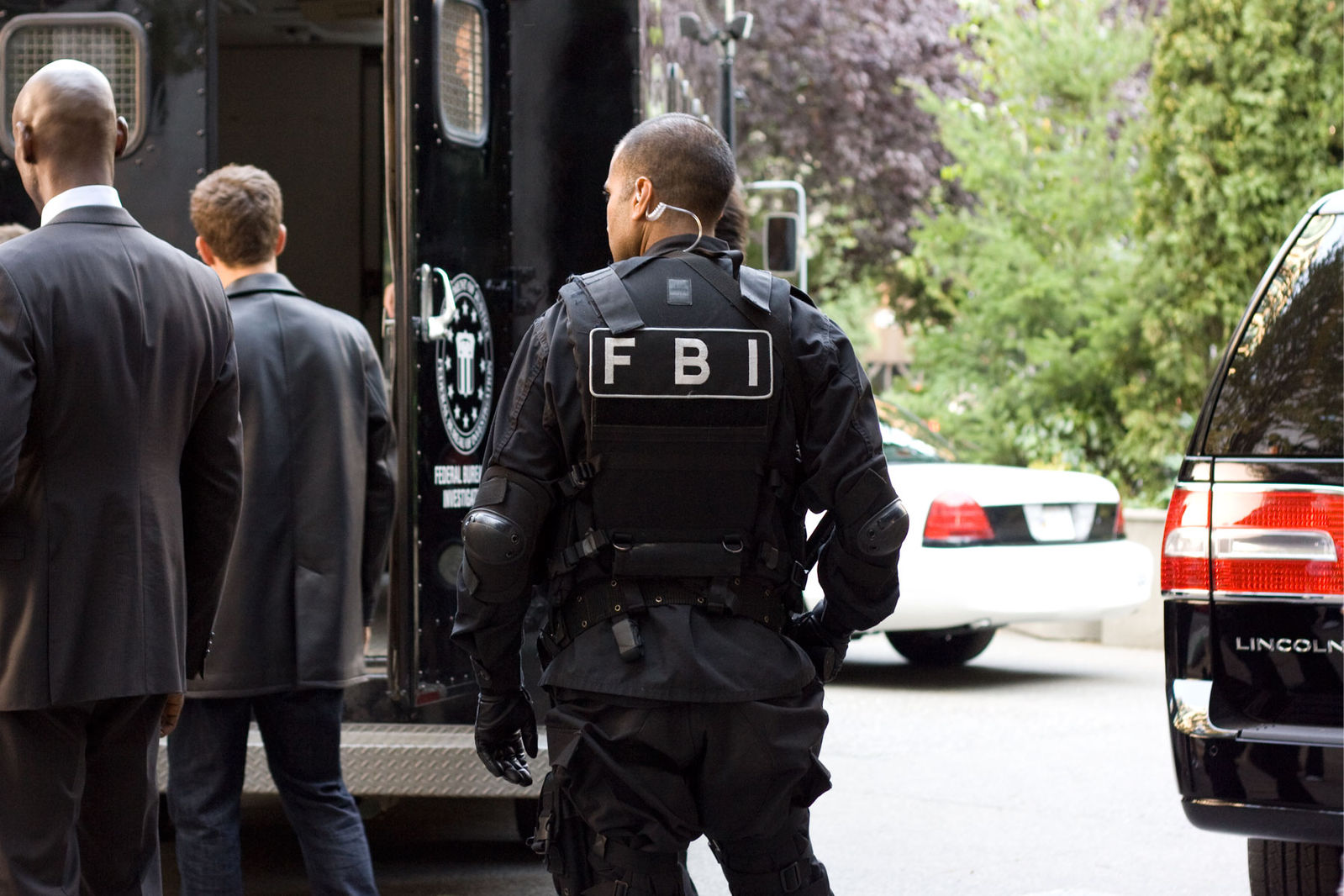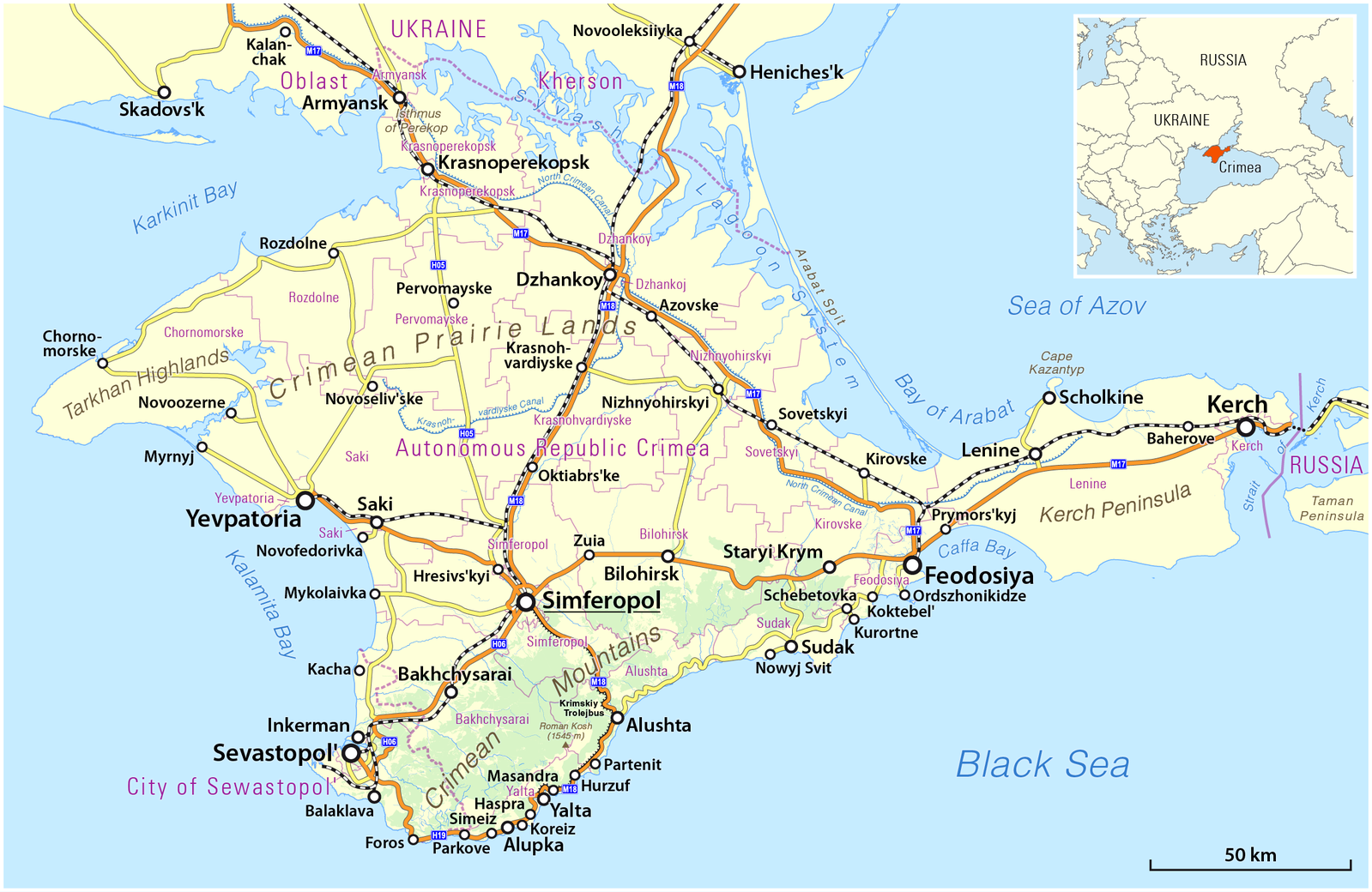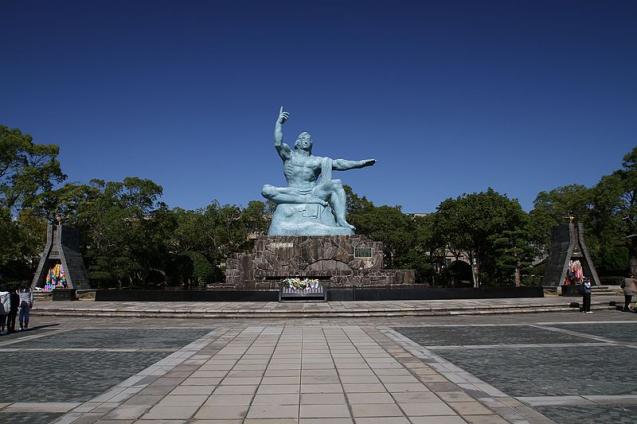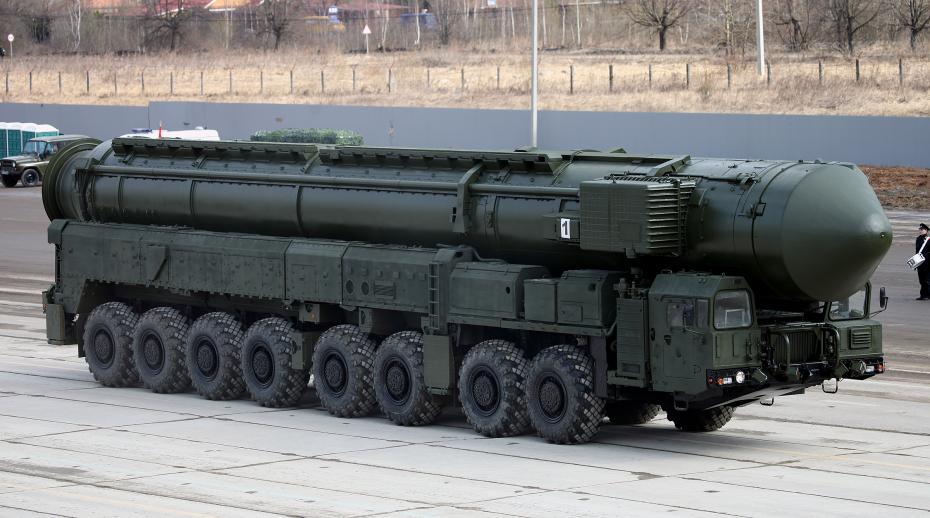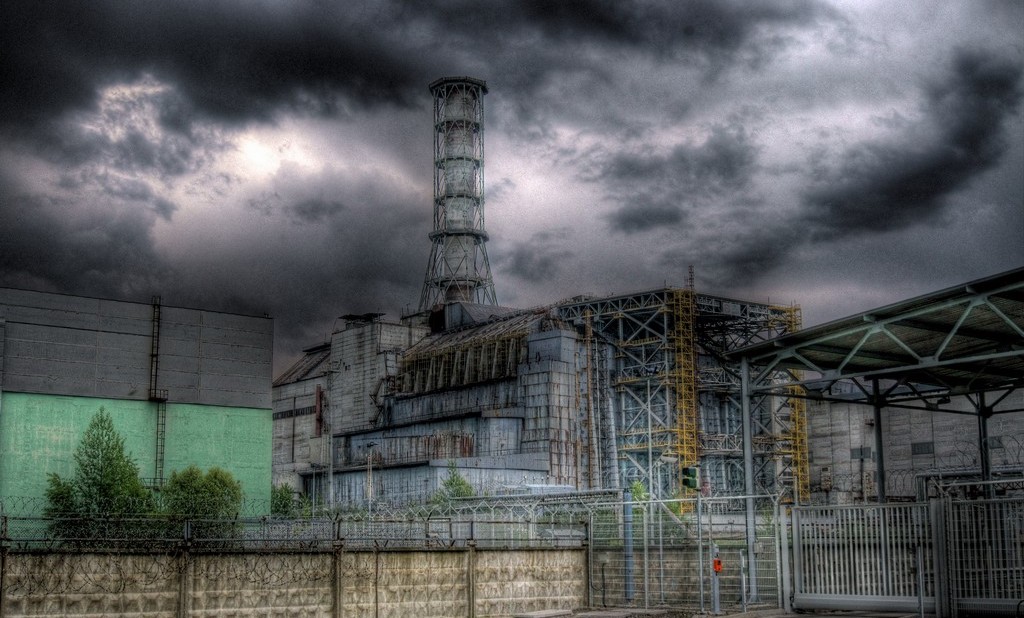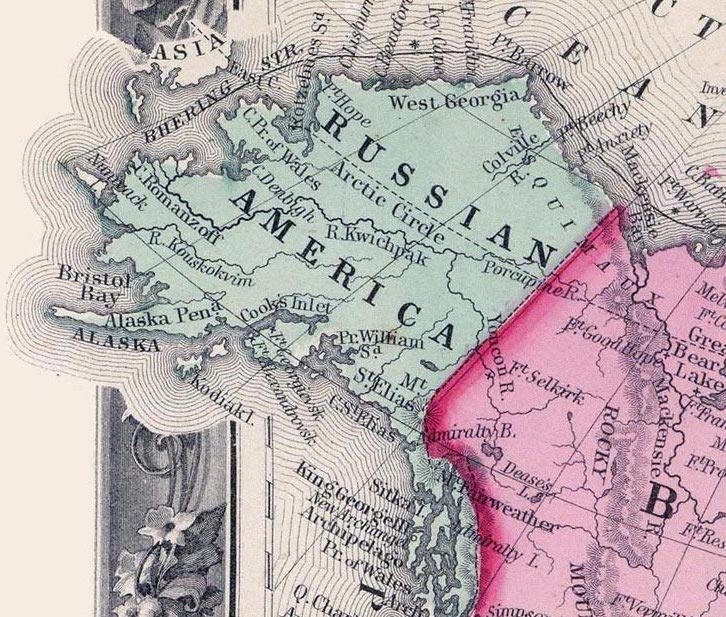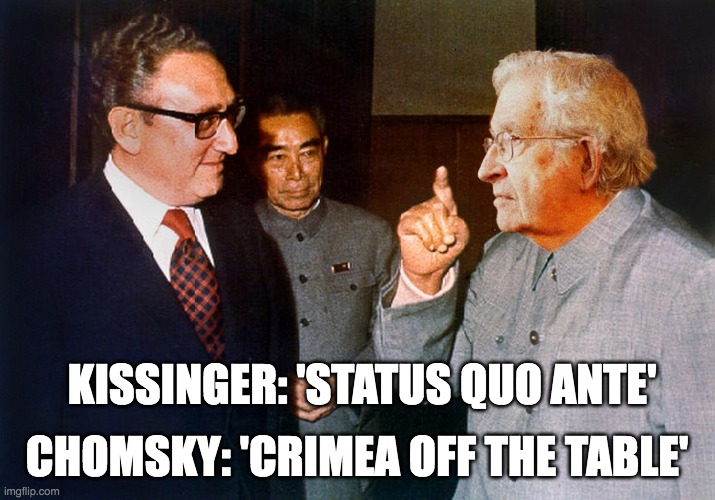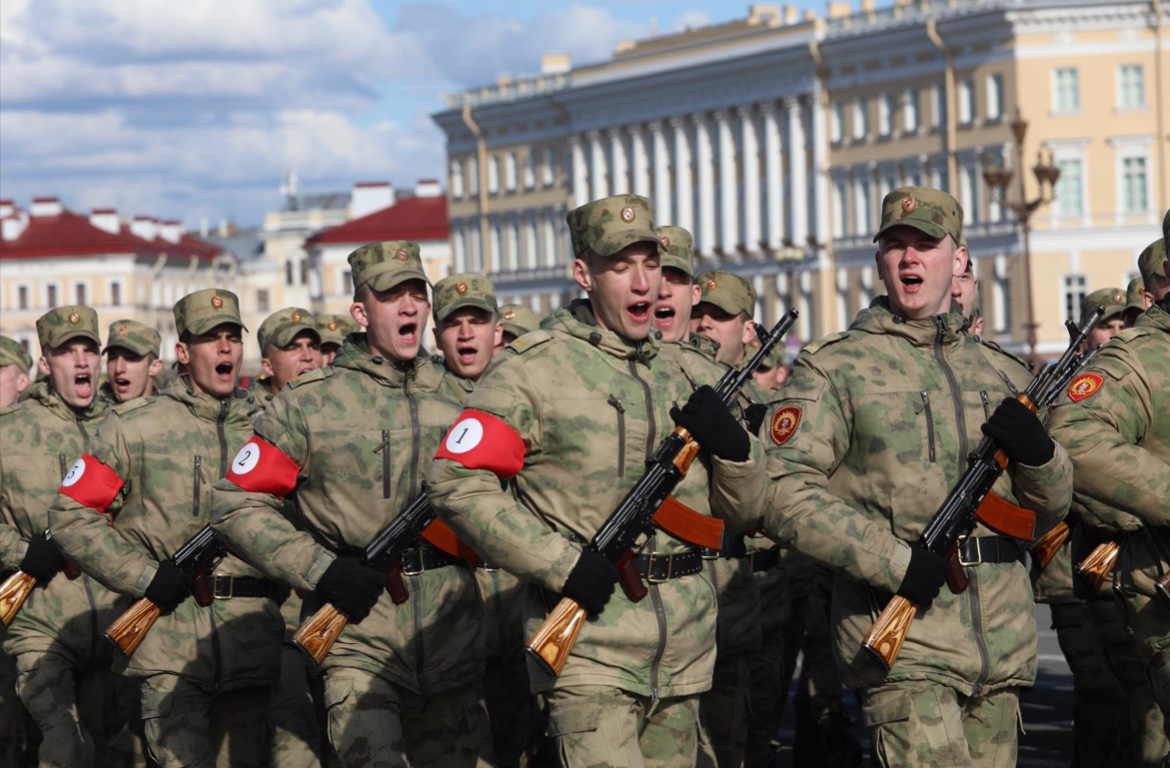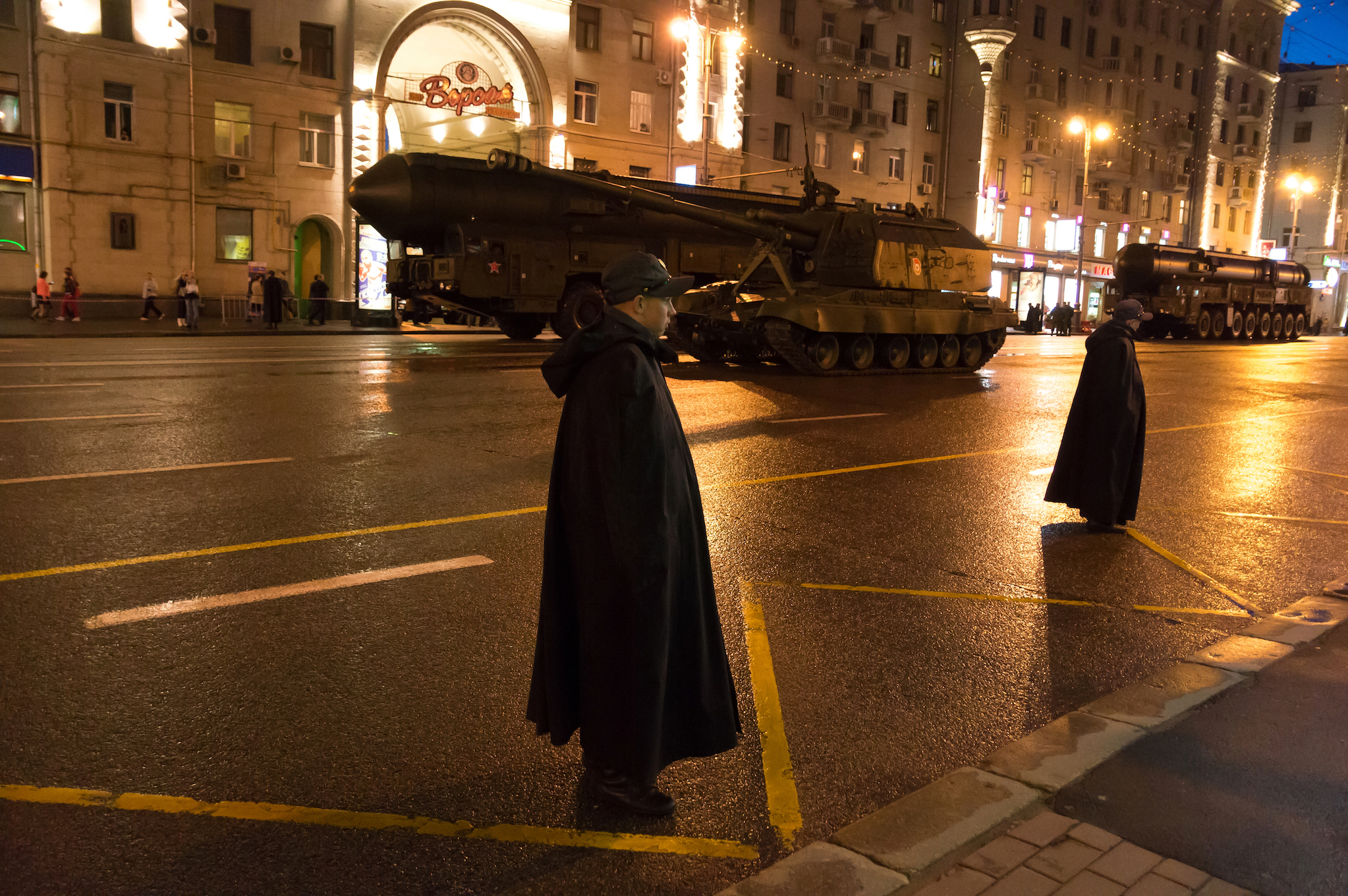
Russia escalates threats of nuclear war
In the wake of Vladimir Putin’s barely veiled nuclear threat upon announcing a mobilization of Russia’s reserve forces to reverse his recent losses in Ukraine, official and semi-official Moscow commentators have made such menacing completely explicit. Former Putin advisor Sergei Markov was interviewed by BBC Radio, whose anchor politely began with “Good morning to you.” Markov replied: “It’s not a good morning for everybody. In Russia there’s partial mobilization and for Western countries, for your British listeners, I would say that Vladimir Putin told you that he would be ready to use nuclear weapons against Western countries, including nuclear weapons against Great Britain. Your cities will be targeted.” (Photo: Wikipedia)



